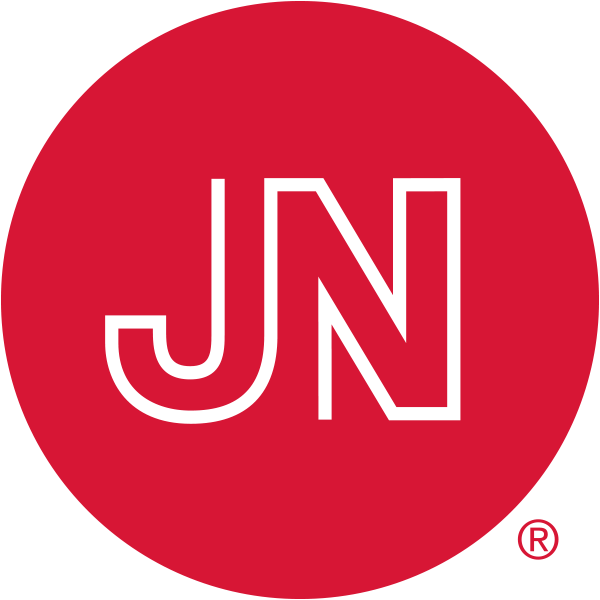This Viewpoint discusses the rationale for the announced 2022 change in USMLE Step 1 examination scoring from a 3-digit score to a pass/fail designation, addressing concerns that the change might lead to a shift in the importance of Step 2 Clinical Knowledge scores and emphasizing it as one part...

jamanetwork.com
A few tidbits:
"To explore examinee wellness, the NBME created a task force called Re-Examining Exams: NBME Effort on Wellness (RENEW).4 Both organizations began substantive conversations to explore what was happening around them, guided by the shared commitment of the USMLE program to provide state medical boards with important measures of the competencies of a physician while trying to improve the overall climate of stress and anxiety among medical students."
Wellness is being thrown out there as a main driver of the decision.
"It is hoped that organizations involved with medical education and training will use the period between the announcement and implementation of the change as an opportunity to create a better transition from UME to GME so that the stress associated with Step 1 is not simply transferred to Step 2 Clinical Knowledge."
Lol if they think this won't happen they are delusional.
"Many osteopathic medical students take Step 1 and Step 2 Clinical Knowledge to compete for residency positions and, given this change, more students may be prompted to take Step 2 Clinical Knowledge. The National Board of Osteopathic Medical Examiners, which produces the 3-part Comprehensive Osteopathic Medical Licensure Examination for osteopathic physician licensure, is exploring score reporting changes to its examination. With a single accreditation system for GME nearing completion this year, there may be opportunities for collaboration to ease the transition from UME to GME for all medical students."
Opening line is kind of the middle finger to DO students, they make a lot of money off this because less DO students take Step 2 than Step 1. However if they get rid of the NBOME I will sing them praises. Ironically the first author is a DO.....
"The USMLE program will continue to work with UME and GME communities and others as they explore a process that supports a career journey for physicians that the public can trust."
This is the same garbage the NBOME uses to rationalize its existence. "Protecting the public" is a shield to hide from criticism.
However this right here might be the most telling line of all:
"While there was no unanimity among the various groups about the best path forward, following an internal review of possible Step 1 score reporting options, including the possibility of no changes or the adoption of other types of scoring, the staff and governance of the FSMB and NBME aligned around one decision—reporting Step 1 results as pass/fail."
I.e. "we know you didn't want this but we decided we were going to do it anyway."
Congratulations NBME, you just gave definitive evidence that you didn't really give this any actual foresight.



